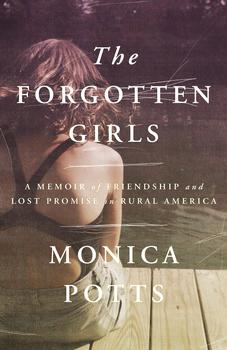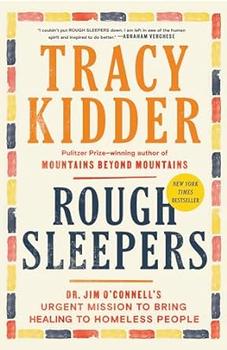Summary | Excerpt | Reviews | Beyond the book | Read-Alikes | Genres & Themes | Author Bio

Dealers, Doctors, and the Drug Company that Addicted America
by Beth MacyThe only book to fully chart the devastating opioid crisis in America: An unforgettable portrait of the families and first responders on the front lines, from a New York Times bestselling author and journalist who has lived through it.
In this masterful work, Beth Macy takes us into the epicenter of America's twenty-plus year struggle with opioid addiction. From distressed small communities in Central Appalachia to wealthy suburbs; from disparate cities to once-idyllic farm towns; it's a heartbreaking trajectory that illustrates how this national crisis has persisted for so long and become so firmly entrenched.
Beginning with a single dealer who lands in a small Virginia town and sets about turning high school football stars into heroin overdose statistics, Macy endeavors to answer a grieving mother's question - why her only son died - and comes away with a harrowing story of greed and need. From the introduction of OxyContin in 1996, Macy parses how America embraced a medical culture where overtreatment with painkillers became the norm. In some of the same distressed communities featured in her bestselling book Factory Man, the unemployed use painkillers both to numb the pain of joblessness and pay their bills, while privileged teens trade pills in cul-de-sacs, and even high school standouts fall prey to prostitution, jail, and death.
Through unsparing, yet deeply human portraits of the families and first responders struggling to ameliorate this epidemic, each facet of the crisis comes into focus. In these politically fragmented times, Beth Macy shows, astonishingly, that the only thing that unites Americans across geographic and class lines is opioid drug abuse. But in a country unable to provide basic healthcare for all, Macy still finds reason to hope - and signs of the spirit and tenacity necessary in those facing addiction to build a better future for themselves and their families.
After reading Macy's chilling account, you can't help but wonder if we have reached the point of ordinary: the addicted dying before they reach the age of 40 while people run away – or look away or pretend they don't see. You can't help but wonder if they is actually we. It's not our fault a drug hit the market and was overprescribed, and the Center for Disease Control was apathetic. But it is our fault when we neglect the addicted...continued
Full Review
 (1009 words)
(1009 words)
(Reviewed by Valerie Morales).
 The deceased was a middle-age white man who liked to be called Horsey. A working-class Ohioan who left school after 11th grade, he toiled as a mechanic, then as a laborer and then he bounced around from job to job, barely making a living until he died of an opiod overdose. His death wasn't unusual. In 2015, Princeton economists Anne Case and Angus Deaton established that white men and women without college degrees are dying faster than any other demographic.
The deceased was a middle-age white man who liked to be called Horsey. A working-class Ohioan who left school after 11th grade, he toiled as a mechanic, then as a laborer and then he bounced around from job to job, barely making a living until he died of an opiod overdose. His death wasn't unusual. In 2015, Princeton economists Anne Case and Angus Deaton established that white men and women without college degrees are dying faster than any other demographic.
In Dopesick, Beth Macy describes a rural America in which opioid abuse is 50% higher than in urban areas. Undereducation, unemployment, a disability culture, and destabilization of rural economies have created mental stress and anxiety and the behaviors to cope with that ...

If you liked Dopesick, try these:

by Monica Potts
Published 2024
Talented and ambitious, Monica Potts and her best friend, Darci, were both determined to make something of themselves. How did their lives turn out so different?

by Tracy Kidder
Published 2024
The powerful story of an inspiring doctor who made a difference, by helping to create a program to care for Boston's homeless community—by the Pulitzer Prize–winning, New York Times bestselling author of Mountains Beyond Mountains